Nelumbo nucifera -Secred Lotus-
€ 8,26 – € 100,92
- Straight from the Source
- Organically Cultivated
- Without Pesticides
- Botanically Accurate
Description
Description
Latin name: Nelumbo nucifera
Also know as: sacred lotus, Laxmi lotus, Indian lotus, pink lotus or simply lotus
Origin: Indonesia
Supplier-ID: LH-0316X
Notice: (Novel Food) Raw plant material not a food in the EU
Nelumbo nucifera – Secred Lotus
Sacred Lotus (Nelumbo nucifera) is only distantly related to the Blue Lotus (Nymphaea caerulea), but possesses similar chemistry and alkaloids. Both, Blue Lotus and Sacred Lotus contain the alkaloids nuciferine and aporphine.
Nelumbo nucifera, commonly known as Sacred Lotus, is a plant that has been used for various purposes for thousands of years. Native to Asia, lotus is a sacred flower in many cultures and has been used in traditional medicine, cuisine, and spiritual practices. Here are some of the uses and benefits of Nelumbo nucifera:
- Traditional medicine: Lotus has been used in traditional medicine for its various health benefits. It is believed to have anti-inflammatory, antioxidant, and antimicrobial properties. The plant has been used to treat a range of conditions, including diarrhea, dysentery, fever, cough, and asthma. Lotus root has also been used to improve digestion and reduce inflammation in the digestive system.
- Cosmetics: Lotus is used in many cosmetic products due to its antioxidant and anti-inflammatory properties. The plant extract is used in skin creams, lotions, and other cosmetic products to soothe and hydrate the skin. It is also believed to help reduce the appearance of fine lines and wrinkles and improve skin texture.
- Food: The lotus plant is used in many cuisines, particularly in Asia. The lotus root is commonly used in soups, stews, and stir-fries, and is known for its crunchy texture and sweet flavor. Lotus seeds, which are rich in protein, fiber, and other nutrients, are also used in many dishes, including desserts.
- Spiritual practices: Lotus is considered a sacred plant in many cultures, particularly in Asia. It is often used in religious ceremonies and is believed to have spiritual and symbolic significance. In Hinduism and Buddhism, the lotus is associated with purity, enlightenment, and spiritual growth.
- Ornamental use: Lotus is also commonly grown as an ornamental plant due to its beautiful flowers and leaves. The plant is often grown in water gardens and is prized for its unique appearance and cultural significance.
In conclusion, Nelumbo nucifera, or Sacred Lotus, is a versatile plant with many uses and benefits. From traditional medicine to cosmetics, food, and spiritual practices, the lotus plant has played an important role in many cultures for thousands of years. Its antioxidant, anti-inflammatory, and antimicrobial properties make it a valuable ingredient in many products, while its cultural significance makes it a symbol of spirituality, purity, and enlightenment.
The difference between Lotus and Lilies
The lotus is often confused with the water lilies (Nymphaea, in particular Nymphaea caerulea, sometimes called the “blue lotus”). In fact, several older systems, such as Bentham and Hooker (which is widely used in the Indian subcontinent) call the lotus Nymphaea nelumbo or Nymphaea stellata. This is, however, evolutionarily incorrect. Far from being in the same family, Nymphaea and Nelumbo are members of different orders (Nymphaeales and Proteales respectively). Adding to the confusion, some sources have used the scientific name Nymphaea stellata for another species called Blue Lotus or nil mānel in Sinhala, which is the national flower of both Sri Lanka and Bangladesh.
However, what we offer is here is the true Sacred Lotus, Nelumbo nucifera!
Additional Info
Additional information
| Weight | N/A |
|---|
Reviews (0)
You must be logged in to post a review.




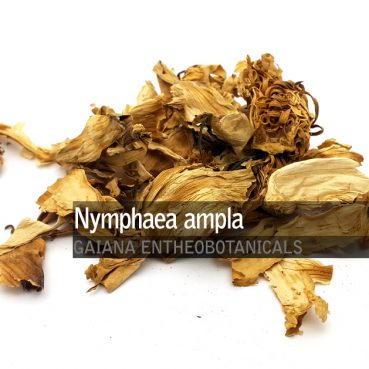
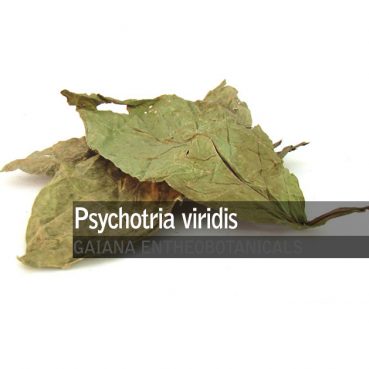
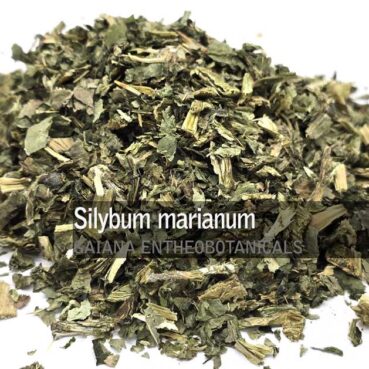


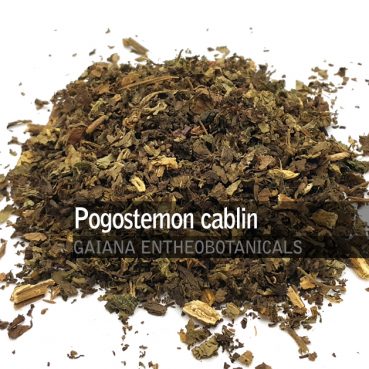





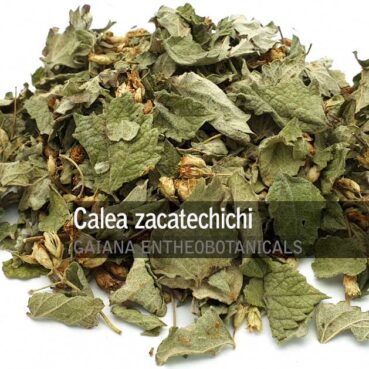


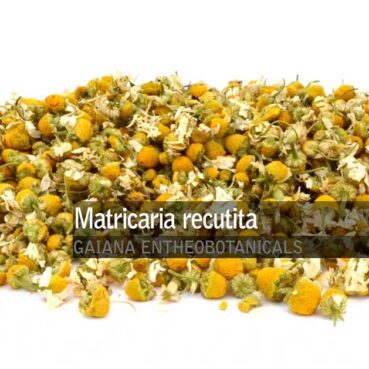
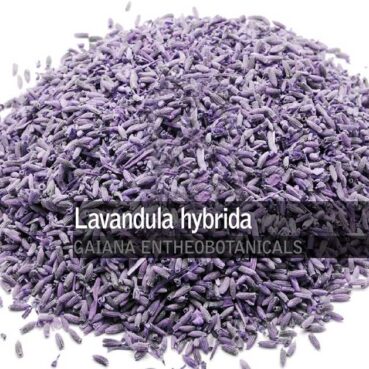
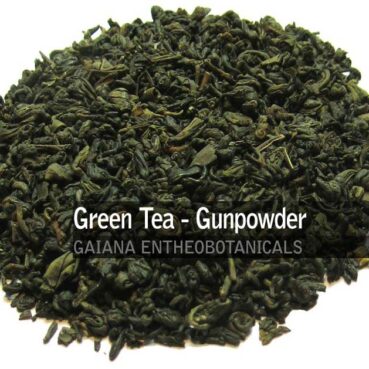

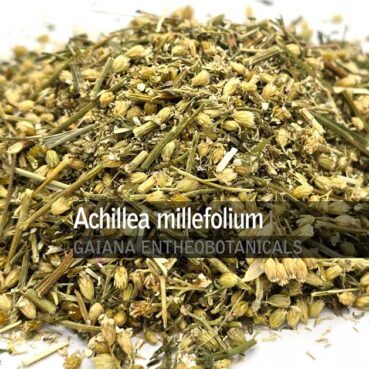
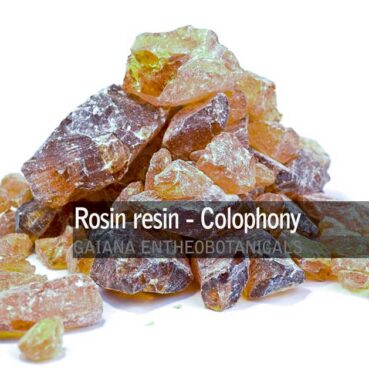
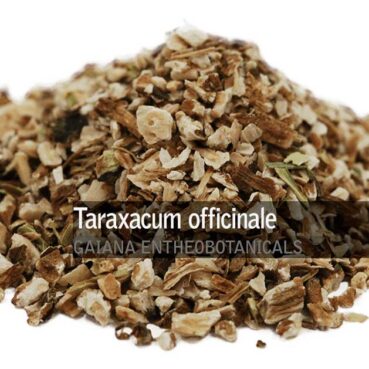
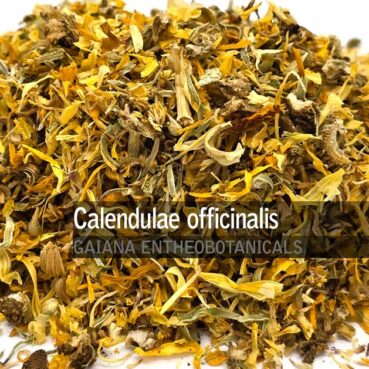
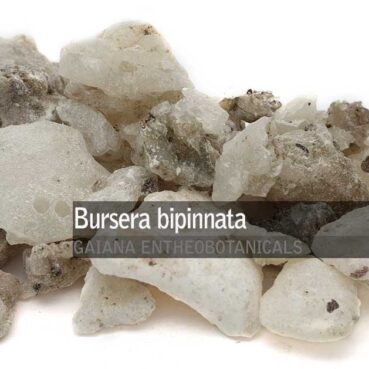
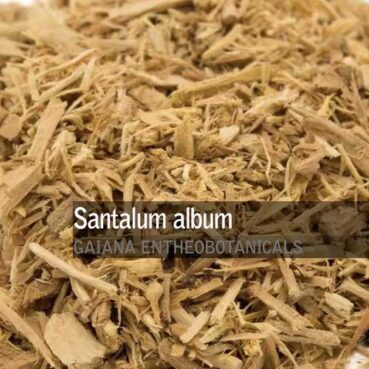
 Nymphaea caerulea -Blue Lotus-
Nymphaea caerulea -Blue Lotus-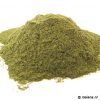 Maeng Da – Green
Maeng Da – Green Borneo White Vein
Borneo White Vein Mimosa hostilis -Jurema-
Mimosa hostilis -Jurema- Kratom 500gr Pack
Kratom 500gr Pack
Reviews
There are no reviews yet.